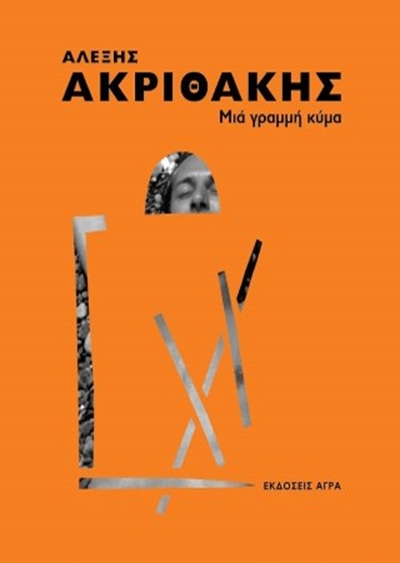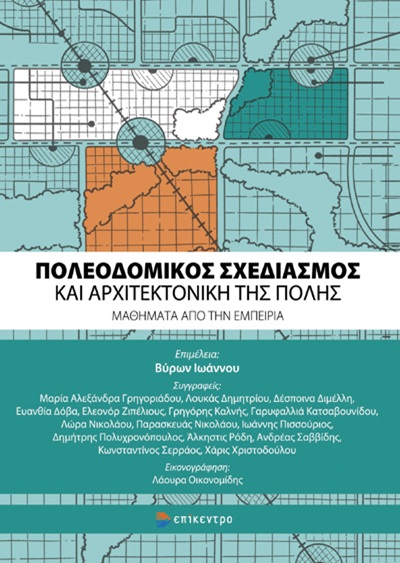
On Thursday, November 13, historian Vasilis Panagiotopoulos, honorary director of the National Research Foundation, is the next guest of Elias Kanellis at the Athens Conservatory. The conversation with Vasilis Panagiotopoulos is the second event in the first series of public discussions co-organized by The Books’ Journal and the Athens Conservatory at the Conservatory’s premises.
Vasilis Panagiotopoulos is the epitome of a calm, methodical, rational scholar. A student of K. Th. Dimaras, collaborator of Spyros Asdrahas and Filippos Iliou, co-creator of the journal Ta Istorika and director of research for many years at the National Research Foundation, and subsequently director of the Foundation’s Institute of Modern Greek Studies, he has inspired dozens of younger scholars of history. Endlessly creative, he was the inspiration and driving force behind the Hermoupolis Seminars, one of the most creative summer workshops in Syros, with the participation of many of his distinguished colleagues. For many years, he was involved in the economic and social history of modern Greece, the history of material life and economic and social relations, while some of his most important works are collective, produced with the contribution of a whole circle of collaborators with common interests and methods: The History of Modern Hellenism 1770-2000, as well as the four-volume edition of the archive of Ali Pasha, which is kept at the Gennadius Library. The two-volume edition of the work Andreas Papandreou and His Era is also enlightening in terms of its approach to the climate of the Greek post-dictatorship era.
Substantial, humble, steadfast, concerned with both the big picture and the details on its margins, Vasilis Panagiotopoulos is an intellectual personality who is always on the move. With left-wing origins and career, he fought against the clichés of a superficially class-based historical approach to things, while remaining lucid in all the political and social crises faced by the country, proposing calm and dialogue, far from any kind of fanaticism.
The evening of dialogue and ideas at the Athens Conservatory is open to the public and admission is free.







Leave A Comment